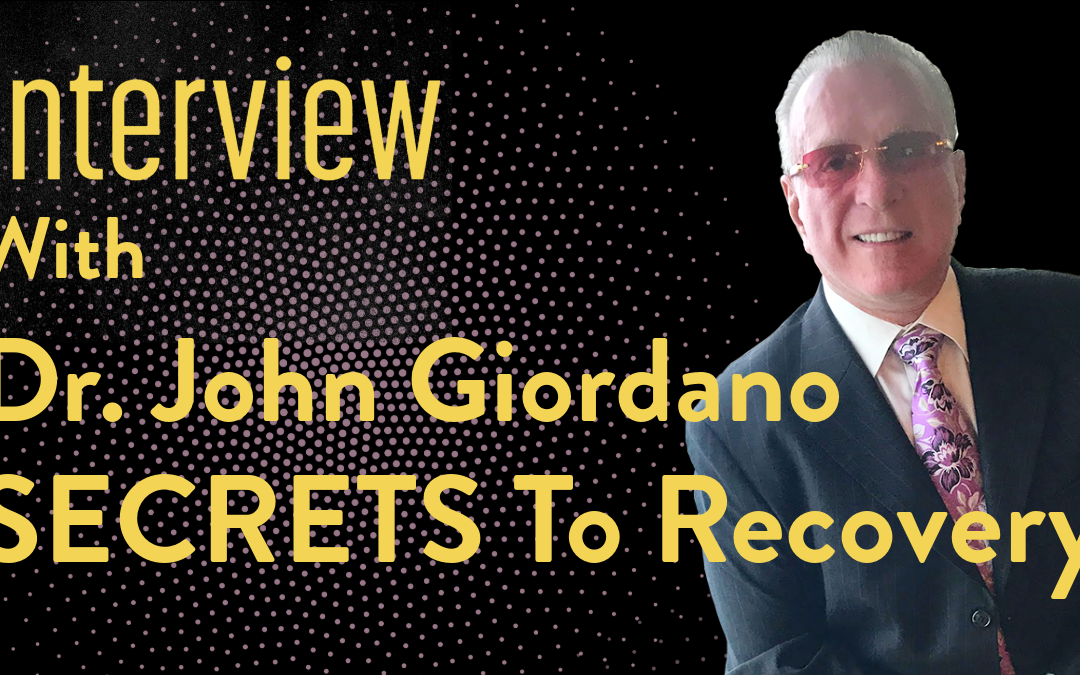In this episode of the “Beat Your Addictions” podcast, co-hosts Scott Jones and John Giordano delve deep into the alarming statistics surrounding addiction recovery rates, highlighting that only 8 to 10% of individuals seeking help succeed in maintaining sobriety. Scott and John discuss the inadequacies of traditional treatment methods, emphasizing the need for systemic changes in addiction recovery frameworks. They cite that most approaches fail to address the underlying problems of addiction, such as psychological and physiological issues.
Throughout the podcast, John proposes a series of insights that underline the importance of holistic treatment, extending beyond mere psychological support to include physical and environmental factors that contribute to addiction. The discussion touches on the relevance of detoxification, the psychological impacts of drug dependency, and the need for a comprehensive treatment duration, advocating for longer recovery programs of at least 60 to 90 days.
Further, they explore various therapies that fall outside standard medical practices, such as hyperbaric oxygen therapy and the role of gut health in mental well-being. John’s experiences and research into alternative therapies—including neurotransmitter support through amino acids, psychedelics, and functional nutrition—offer listeners a broader understanding of potential recovery tools. They conclude by encouraging individuals to become advocates for their health and to push for better treatment options backed by evidence-based research.
Highlights
- Staggering Recovery Rates: Only 8 to 10% of people seeking treatment for addiction manage to achieve long-term recovery.
- Inadequate Treatment Framework: Most addiction treatments do not adequately address psychological and physical dependency issues.
- Need for Extended Treatment: A suggested treatment duration of 60 to 90 days could significantly improve recovery outcomes versus traditional 30-day programs.
- Holistic Approaches: Emphasis on the importance of integrating physical health and psychological treatment to tackle addiction.
- Innovative Therapies: Exploration of therapies such as hyperbaric oxygen treatment and the role of gut health in mental well-being.
- Drug Dependency and Health: Discussion of physiological contributors to addiction, including hormone imbalances and heavy metal toxicity.
- Call to Advocacy: Listeners are encouraged to advocate for systemic changes in addiction treatment policies.
Key Insights
-
Failures of the System: The recovery rates highlight significant flaws in the addiction treatment system. Without better funding and support for successful treatment methods, such as those that address biological and psychological needs, the cycle of addiction will continue to devastate lives. The podcast urges listeners to hold policymakers accountable for improving the recovery landscape.
-
Importance of Detoxification: Proper medical detoxification should stabilize individuals physically before they enter rehabilitation. Many treatment facilities do not effectively provide this, leading to relapse due to inadequate care in managing withdrawal symptoms.
-
Mental Health and Physical Health Connection: The influence of physical health on mental well-being suggests that addiction needs a more integrative medical model. Treatments should incorporate physical health assessments and interventions, including nutritional support and exercise, as part of the recovery process.
-
Exercise and Mental Resilience: Regular physical activity, especially high-intensity interval training (HIIT), can positively affect mental health by releasing endorphins and reducing the severity of withdrawal symptoms.
-
Gut Health’s Role in Recovery: The health of the gastrointestinal system is crucial for mental well-being. Many neurotransmitters, including serotonin, are produced in the gut. Therefore, diagnostic tests like gut health assessments may offer crucial insights into treatment plans.
-
Potential of Alternative Therapies: Therapies such as hyperbaric oxygen therapy and psychedelics show promise in aiding recovery by rejuvenating brain function and managing trauma. They discuss how these are often overlooked due to restrictions imposed by traditional insurance and medical practices.
-
Individualized Care is Critical: The podcast emphasizes the uniqueness of each individual. Recovery strategies must cater to personal histories and biological factors, and not every method will work for everyone, necessitating a more flexible approach to treatment healthcare.
Through these discussions, Scott and John aim not just to inform their listeners but also to inspire them to take action—both for their own health and for broader changes in the addiction treatment field. They have positioned this episode as not just a conversation, but a robust call to fieldwork in the fight against addiction, underscoring the need for hope, action, and advocacy for a more effective treatment structure.


Recent Comments